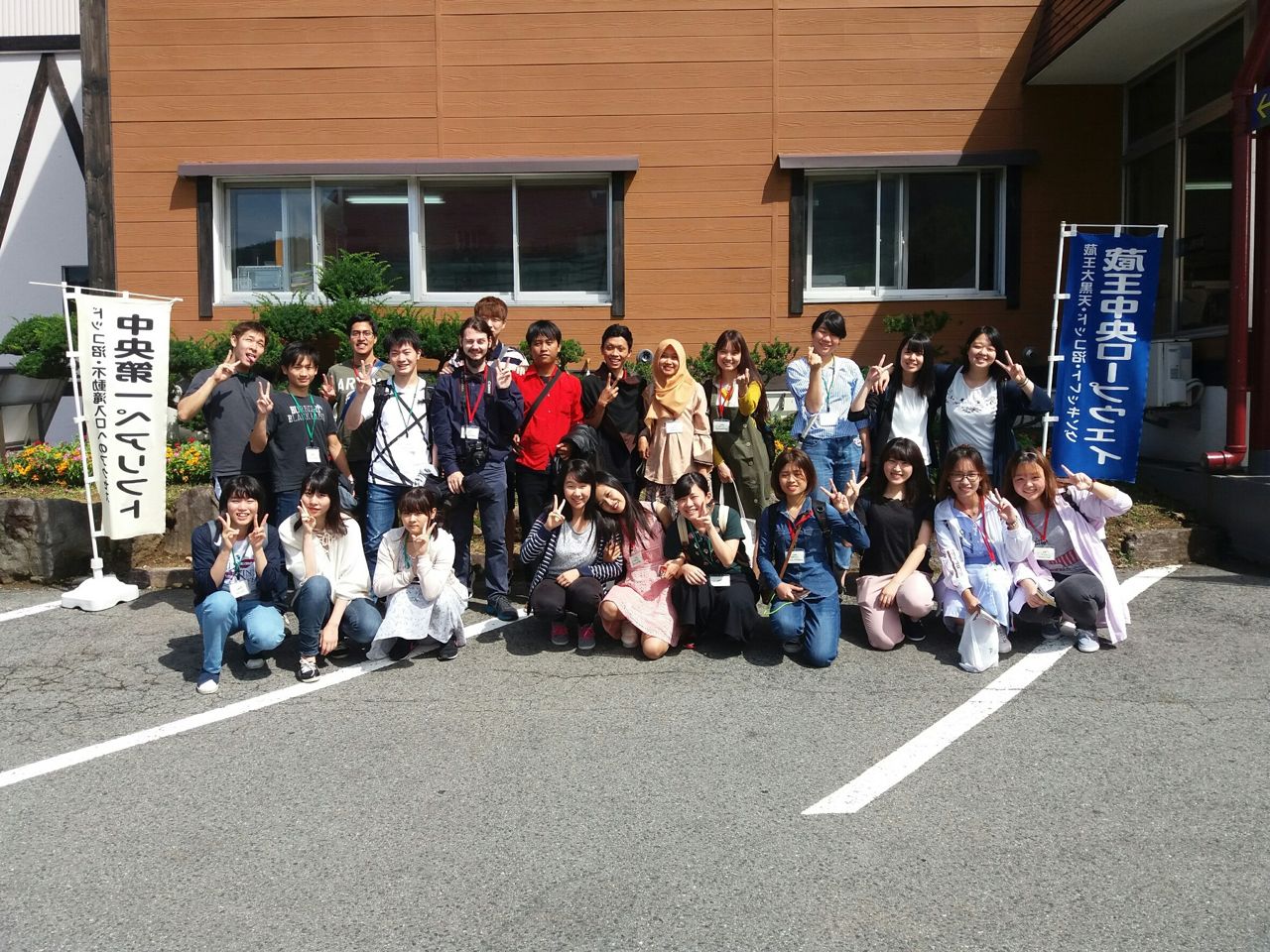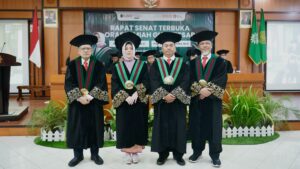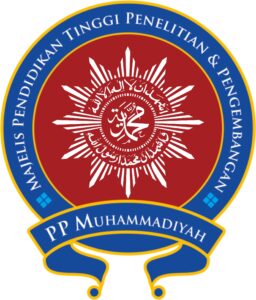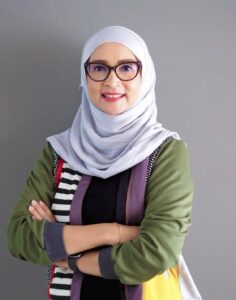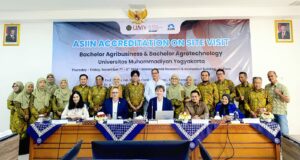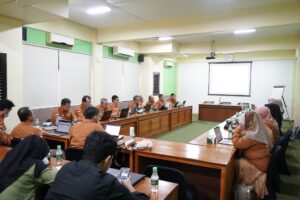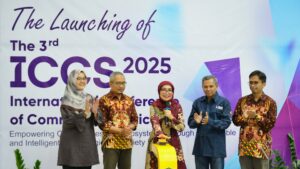As a ‘Muda Mendunia’ university committing to being a world class university, Universitas Muhammadiyah Yogyakarta (UMY) always attempts to enhance its quality by encouraging students to join various international programs. One of them is a summer school at a foreign university. On 21-31 August, students of Faculty of Agriculture of UMY had a summer school at Yamagata University, Japan bringing ‘Disaster Prevention and Science Technology’ as the theme. The summer school program was a follow up of cooperation between UMY and Yamagata University in April and it aimed to broaden knowledge and understanding of governance, table manner, history, and culture.
One of the participants Husama Allaudin informed that it was the first summer school abroad conducted by Faculty of Agriculture of UMY. “The summer school was an essential part of this faculty since it could be good beginning to collaborate with Yamagata University. We learned a lot of things, but our main focus of the summer school was dealing disaster management in Japan. We visited Yamagata Meteorological Office, an agency monitoring disaster and weather forecast in not only Japan but also Asia,” told Husama in an interview on Tuesday (5/9) at dean office of Faculty of Agriculture of UMY.
He inserted that disaster management in Japan is modern using J-alerts application system. “The application gives an alert when there will be disasters such as hurricanes, tsunamis, earthquakes, and volcanoes. It was recently used for North Korean missile launch warning as well. It will be great if the system can be implemented in Indonesia as this county is located in a disaster-prone area,” maintained Husama.
Japanese people concern with factors regarding disasters such as building construction and soil conditions. “For instance, houses in Japan are designed using sophisticated technology so that they will not collapse if disasters occur. Pipe installation in the ground was also applied to reduce damages of landslides. Indeed, when disasters happen, all governmental elements synergize to manage the disasters,” asserted Husama.
In addition, the summer school participants were from Vietnam, the People’s Republic of China, Kenya, Peru, and Latvia. During the program, the participants could share ideas and conditions of their home country. “I expected that Indonesia can develop and apply technology in various areas, particularly disaster management. I also hoped that the summer school motivated students to innovate for the development of this nation,” ended Husama.
